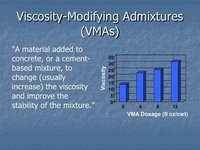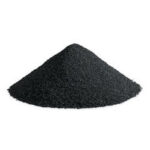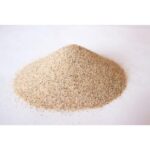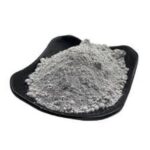Viscosity Modify Agent
Viscosity Modifying Agents (VMAs) are materials that are added to construction materials, such as concrete and mortar, to modify their rheological properties, particularly their viscosity and flow behavior.
Here are some common uses and applications of viscosity modifying agents in construction:
Self-Consolidating Concrete (SCC): Viscosity modifying agents are often used in the production of SCC, which is a highly flowable and workable concrete mix. By reducing the viscosity of the concrete mixture, VMAs help improve its flowability without the need for excessive vibration or compaction.
Pumping and Placing: Construction projects often require the pumping and placing of concrete or mortar in areas that are difficult to access or have complex geometries. VMAs can enhance the workability and flowability of the mix, allowing it to be easily pumped over long distances or into tight spaces.
Repair and Restoration: VMAs are utilized in repair and restoration applications to improve the bond between old and new concrete or mortar. By modifying the viscosity, these agents help ensure proper adhesion and reduce the risk of delamination or cracking.
Reduced Segregation and Bleeding: Segregation refers to the separation of coarse aggregates from the cement paste in concrete, while bleeding refers to the migration of excess water to the surface. VMAs can mitigate these issues by improving the cohesion and stability of the mixture, reducing the risk of segregation and bleeding.
Shotcrete and Sprayed Concrete: Shotcrete and sprayed concrete applications require a mix with high cohesion and resistance to sagging or slumping. VMAs can be used to control the viscosity and thixotropy (shear-thinning behavior) of the mix, ensuring it adheres well to vertical or overhead surfaces without excessive rebound.
High-Strength Concrete: When producing high-strength concrete mixes, the use of VMAs can help maintain the required workability while reducing the water content. This allows for improved strength development and durability without sacrificing the desired flow characteristics.
Underwater Concreting: VMAs are valuable in underwater concreting applications where conventional concrete would quickly disperse in water. By modifying the viscosity and rheology of the mix, VMAs help maintain its cohesiveness and prevent excessive washout during placement.
Overall, viscosity modifying agents play a crucial role in enhancing the performance and workability of construction materials, allowing for improved handling, placement, and durability in various applications. The specific type and dosage of VMA used depend on the desired properties of the construction material and the project requirements.






